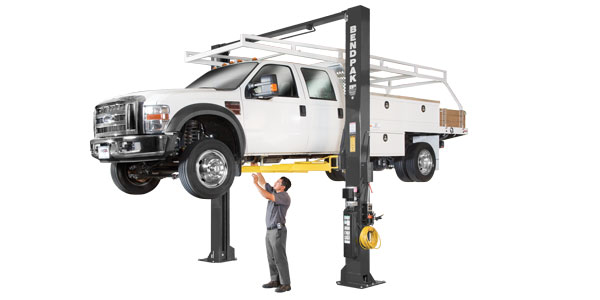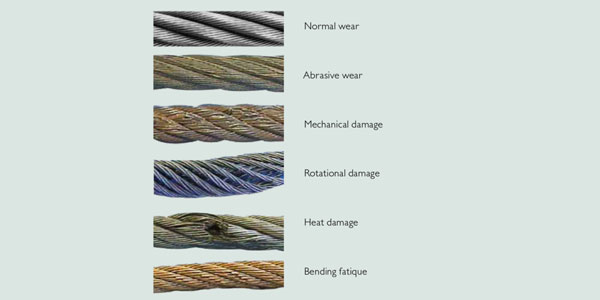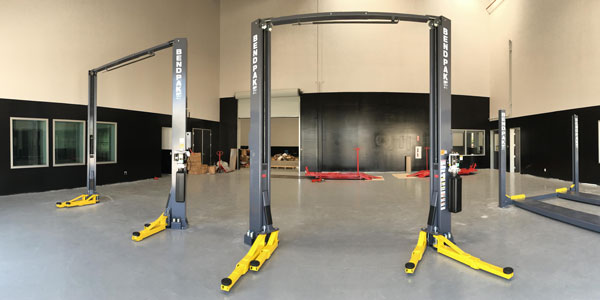Oil analysis is a scientific way to make sure your lubricants are performing as expected. A regular analysis program lets fleet managers build a historic database and watch for trends in a variety of areas. Ideally, you want to analyze a sample of used engine oil after every oil change.
Oil analysis is an early warning system that alerts you to problems before they become costly headaches. Used-oil samples can tell if contaminants such as water, coolant, fuel or dirt are getting into the oil, indicating a head-gasket leak, a leaking fuel injector, or other problems. Spectrochemical analysis detects the presence of wear metals in the oil—unusually high amounts of wear metals could be a sign of abnormal wear. The analysis will also measure the oil’s viscosity, base number (reserve alkalinity), and fuel-soot level.
With the introduction of the new 2007 engines with diesel particulate filters and API CJ-4 motor oils such as Shell Rotella T with Triple Protection, oil analysis will be a useful tool in evaluating truck maintenance programs. Oil analysis will allow you to develop a baseline of understanding about the new 2007 engines, which can include higher operating temperatures and increased levels of exhaust-gas recirculation. This understanding can help maximize the service life of equipment. 2006 and older engines now using CJ-4 motor oils will see a change in the results of oil analysis due to changes in the chemistry of API CJ-4 oils.
According to Shell Lubricants, its LubeAnalyst oil-condition monitoring service can help identify trends or problems with vehicle equipment and help you understand the new API CJ-4 motor oils. Additionally, the service will provide information on whether the proper oil is being utilized and whether the proper oil-drain interval is maintained for specific driving conditions and vehicle duty cycle.




